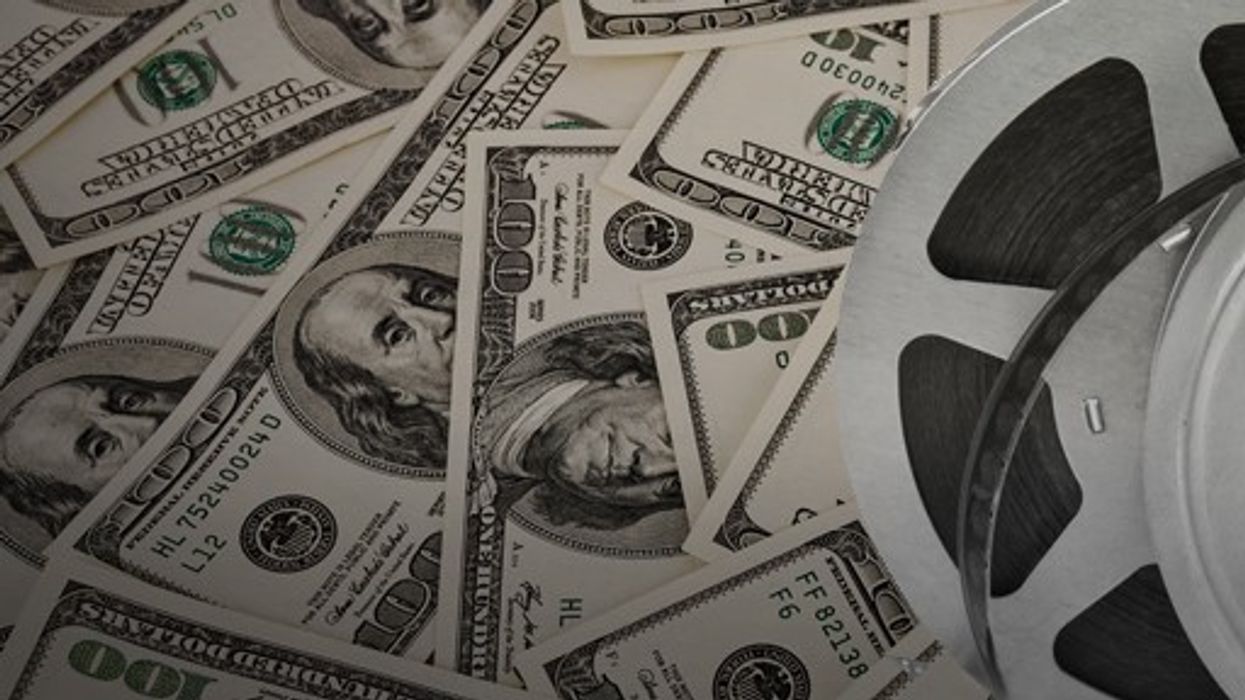How to Budget for Your Next Film
Making a money plan for your next project doesn’t have to be so terrifying when we have these tips to help you out.

Budgeting for a film is a little scary, but it is an essential and creative tool that will help you create a plan to launch your project off the ground. The goal of budgeting is to make sure that you have enough money for everything in your project, expected and unexpected. This includes top-dollar expenses like car chases to smaller details that are typically forgotten like snacks for the cast and crew.
Creating that cover-all budget during production requires a lot of research and conversations with the director about what is possible with available funds. The more thought-out and planned a budget is, the more likely the film will succeed.
Producer Ashim Ahuja sat down with RocketJump Film School to break down how to make a budget, the advantages of having one, and what you can do if money gets a little tight:
Sit down with the director and read the script.
Talking to the director about what story they are wanting to tell will help during filming when one department may need a little more money. You might be able to do something on a larger or smaller scale.
After talking to the director about the story, break down the script to figure out how many location changes there are, characters, costumes, and know that everything in the script is accounted for. This will help make sure that nothing is missed when you’re finding out how much everything costs.
Find out how much everything costs.
There is a ton of research needed during this process. If you already know how much renting certain items for the film will be, then a good chunk of the budget can be calculated.
But if the script calls for a horse chase, and you don’t know how much it will cost to rent horses, call a horse wrangler and get an estimated price. Even though that scene won’t be shot for a few months, the budget is already planned around filming that scene.
Don’t be afraid to call people and negotiate prices.
Filming on stages or in certain locations costs money. Everyone that you could potentially work with has a set price that you can add to your budget before saying yes to working with them.
The best part about calling people to find out their pricing is that the price is always negotiable. You can talk the price down by telling them about what your project is and by letting them know that you are an indie film. Pleading your case for why they should let you shoot there can help you and your budget.
Know where the money is going.
Everything costs money, but knowing where that money is going and how it is being used can help when keeping track of the budget. Sometimes, money has to be taken from one department to help out with another department. That is all right because the focus of the entire project is being able to tell a story.
Knowing how the money is being used to achieve the overall goal is a balance that requires detailed attention to where and how the money is being spent.
Don’t forget about post-production.
A lot of people forget that color grading, sound, and music are necessary elements in a film that cost money. It is important to remember this detail when budgeting during pre-production or the film won’t get finished.
Make sure to feed your cast and crew.
One thing you don’t want to have is a group of hangry people.
Although it’s a small detail, budget in how much it will cost to have snacks and food each day.
The budget doesn’t limit your creativity.
If the budget doesn’t allow for a certain stunt, find another way to do it. Can you create the same shot of a bus flipping over with a toy bus? Does it serve the story in the same way that a regular bus flipping over would?
Don’t be scared by the numbers. If you want to do something, you can find a way to do it by redistributing where some of the budget goes or by outsourcing the funding. Be creative in pulling off a stunt or practical effect, and do it to the best of your abilities.
Everyone who works on the project wants to help tell the same story. Finding compromise and balance will be a major factor during the filming process, but the best thing you can do is prepare for everything before calling "action."
There is no equation to help you get a definite number for your budget, but try to over-budget a little. It will give you some wiggle room for when the unexpected shows up.
Do you have advice about budgeting that we left out? Let us know in the comments below!
Source: RocketJump Film School











